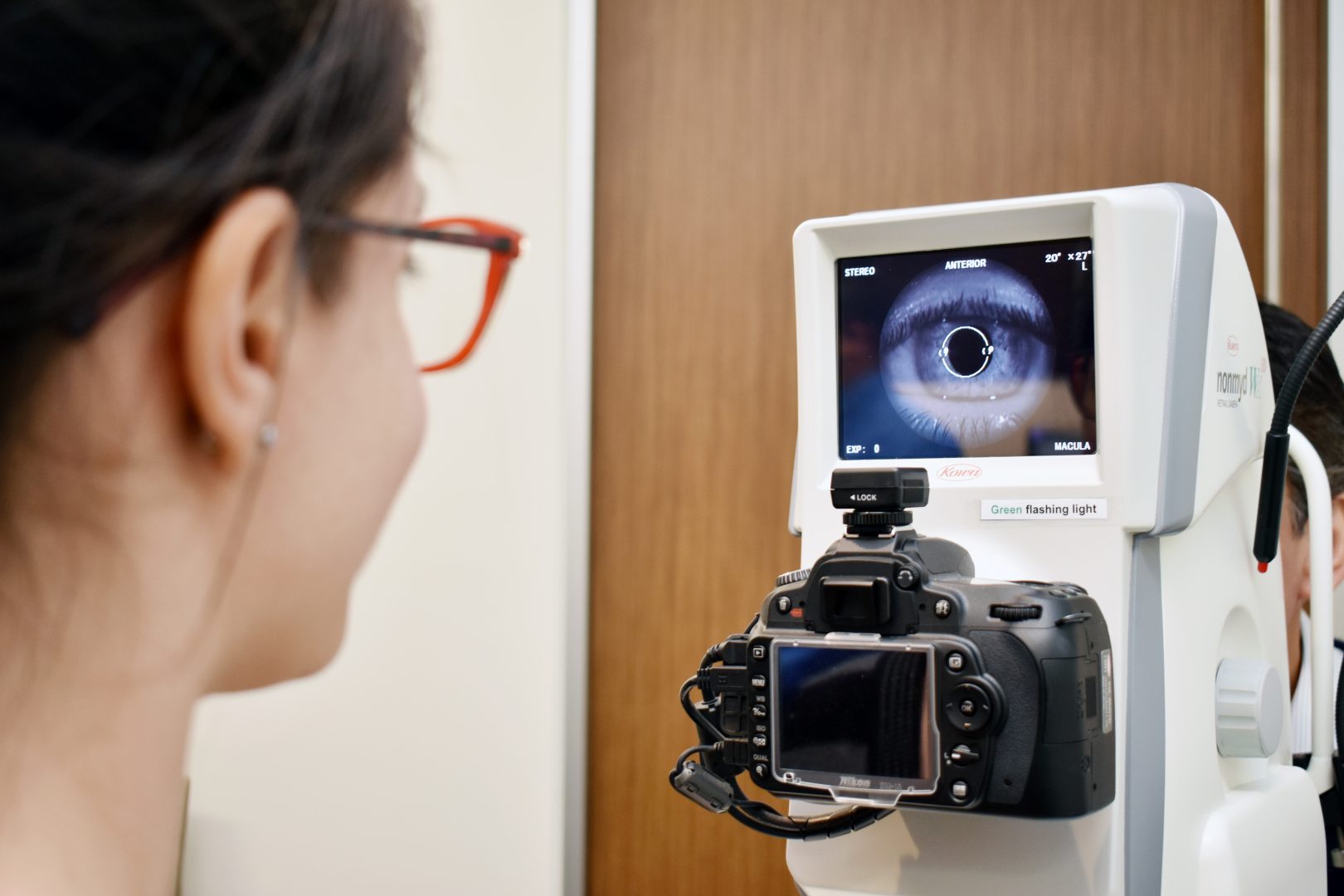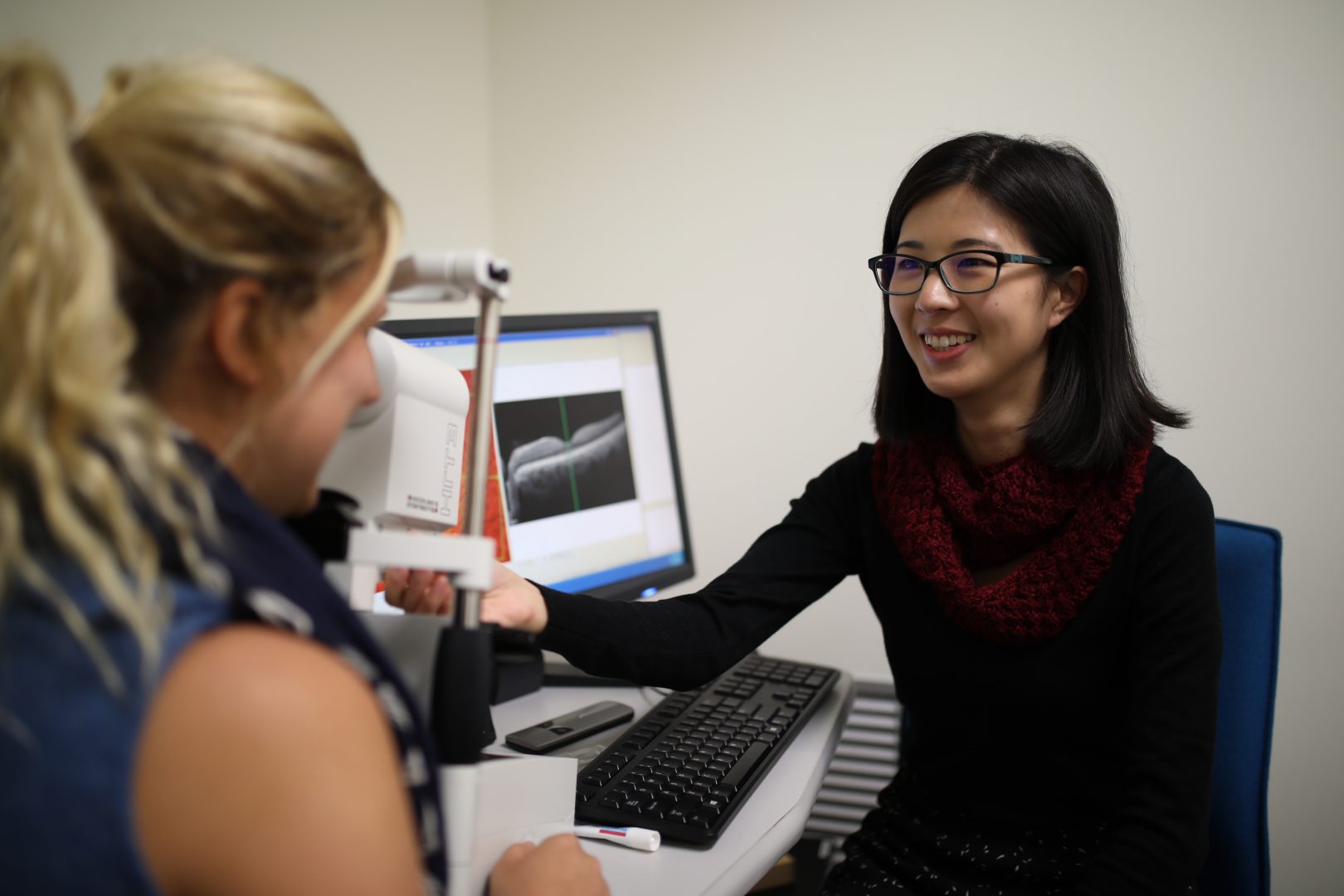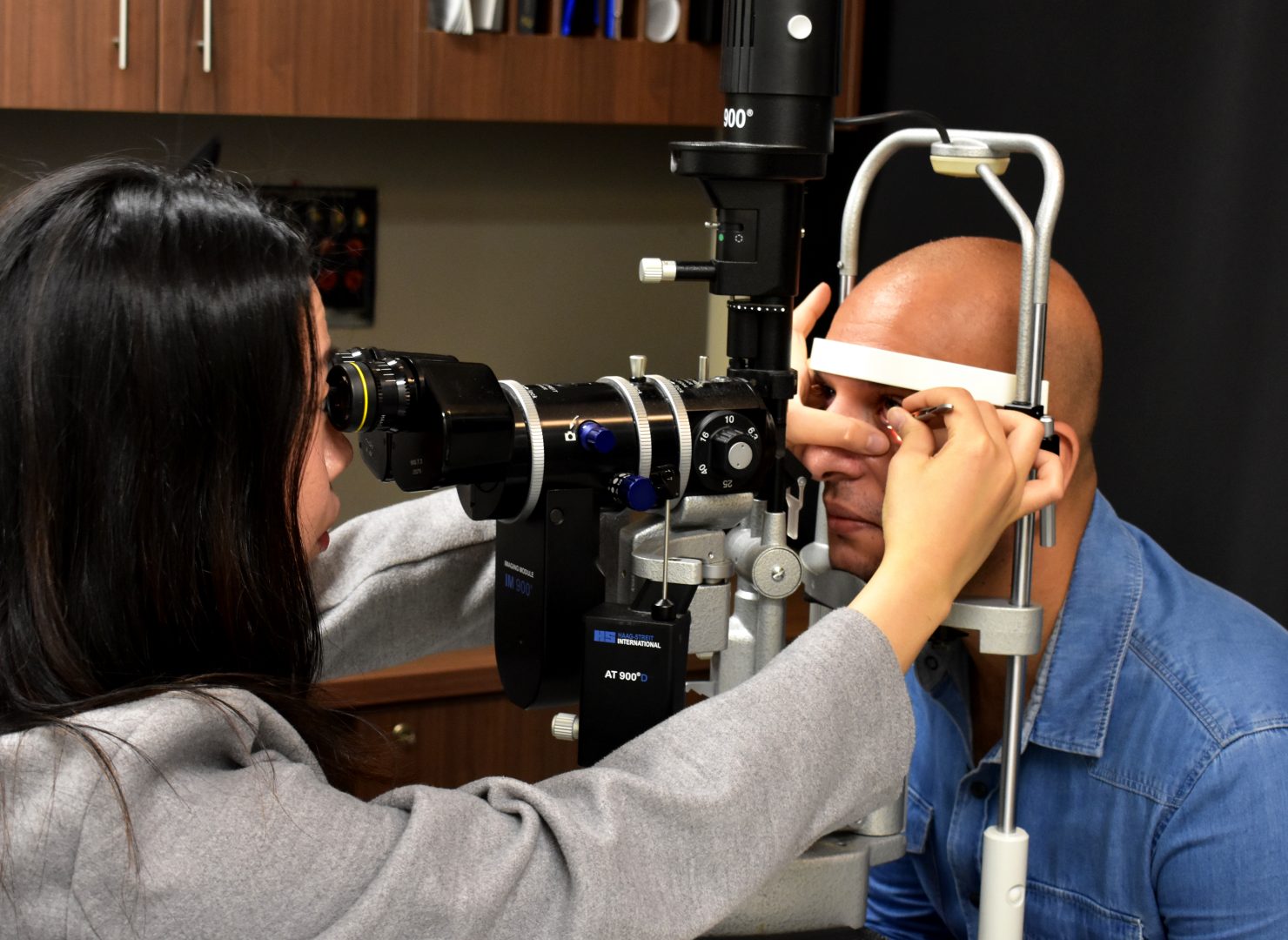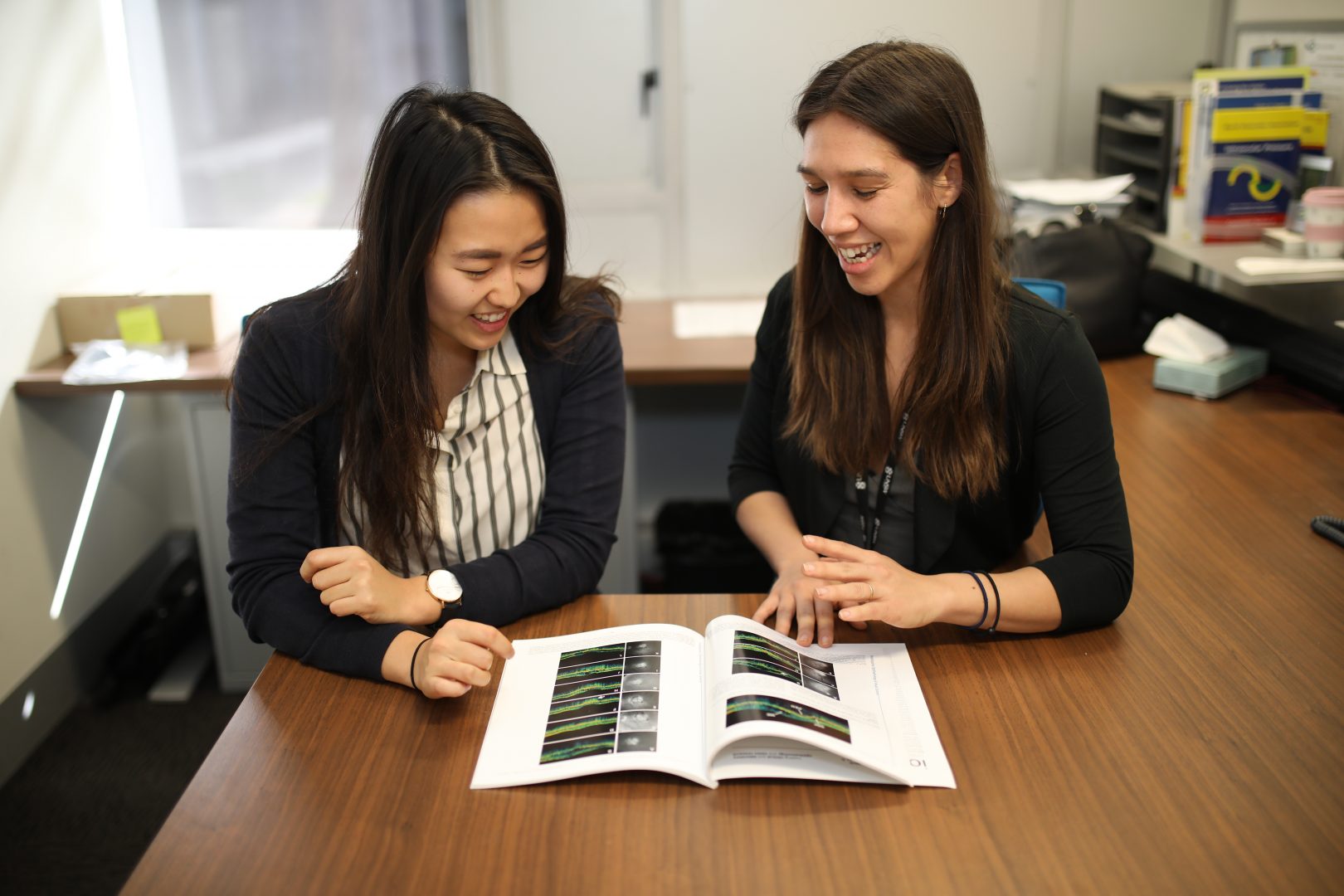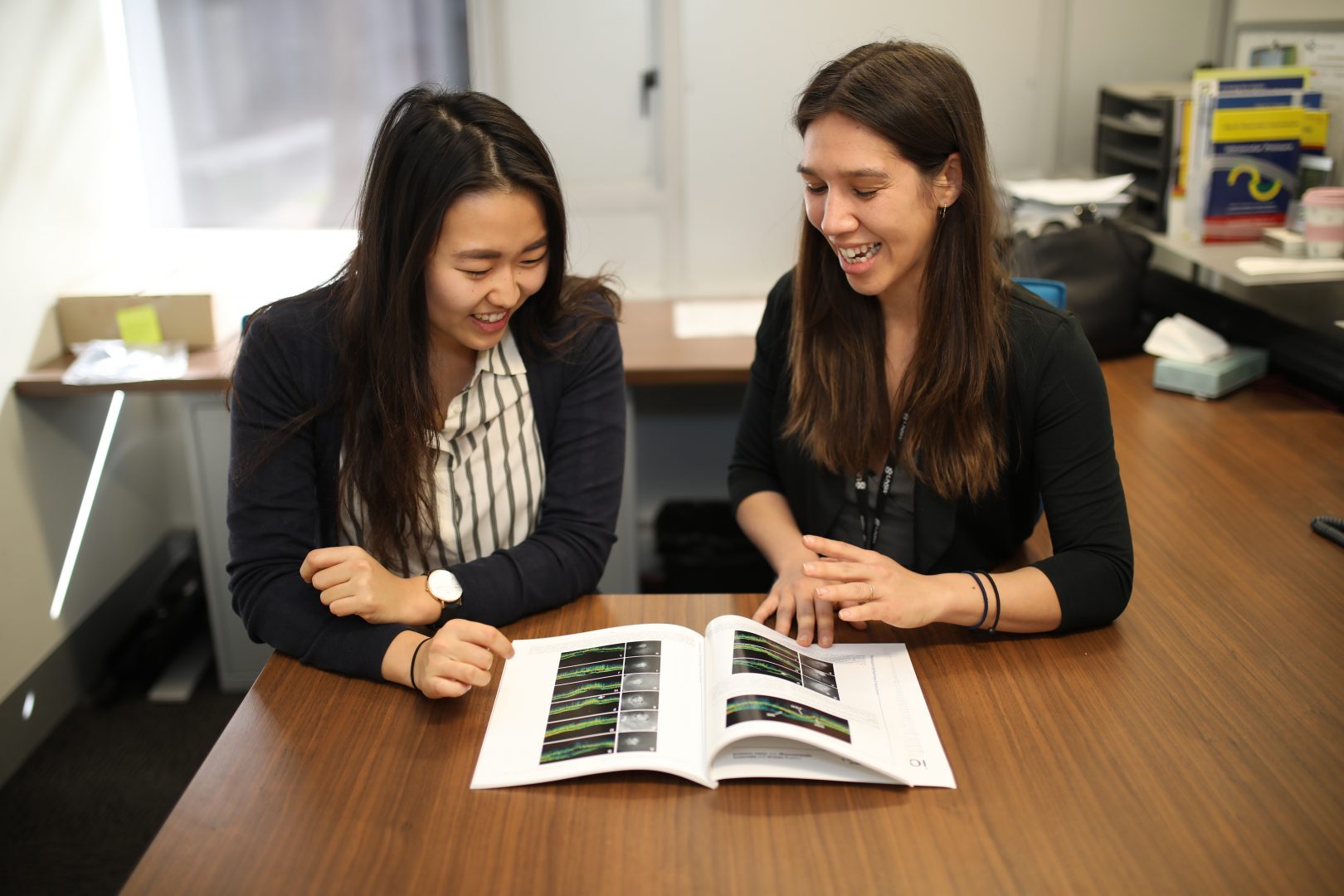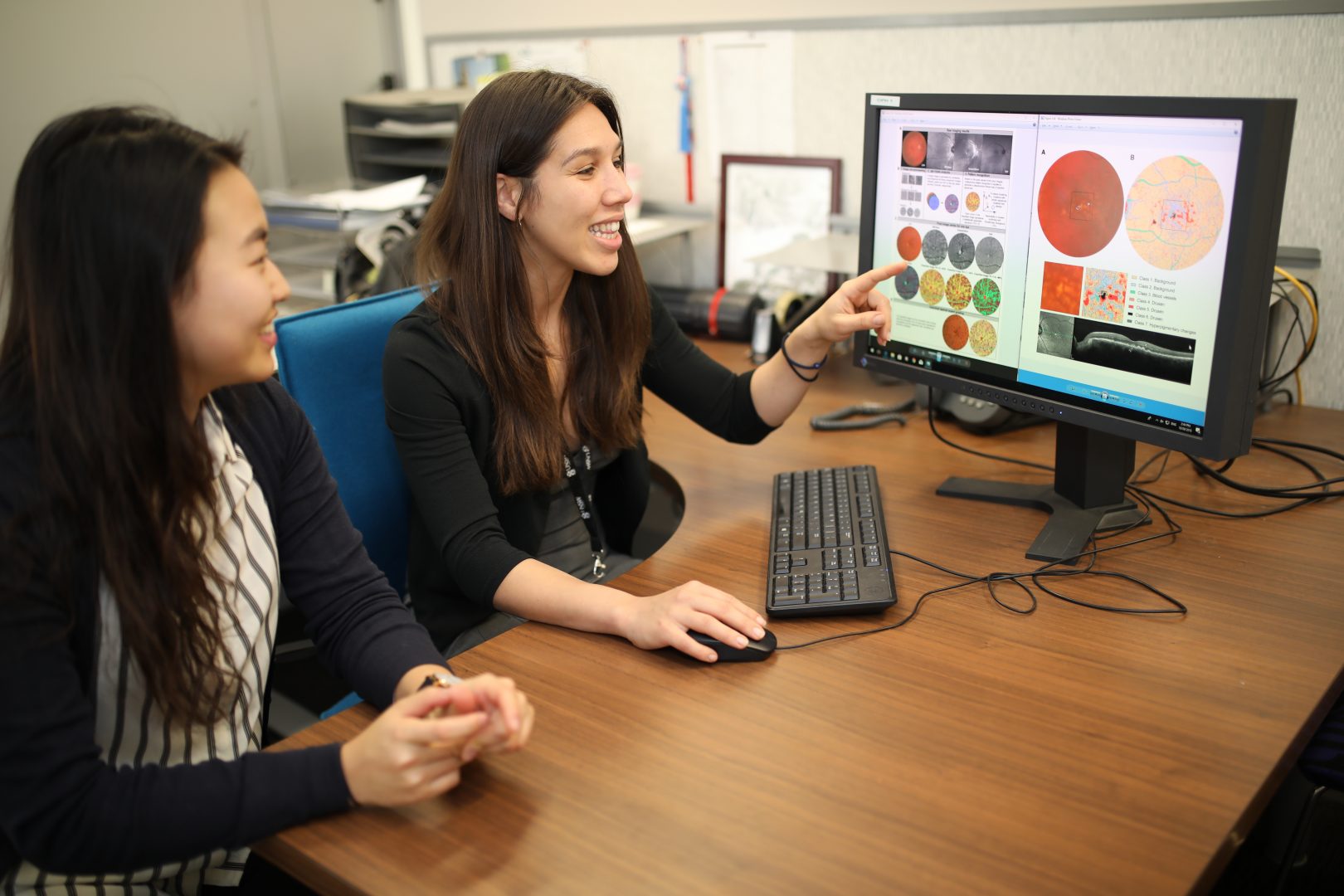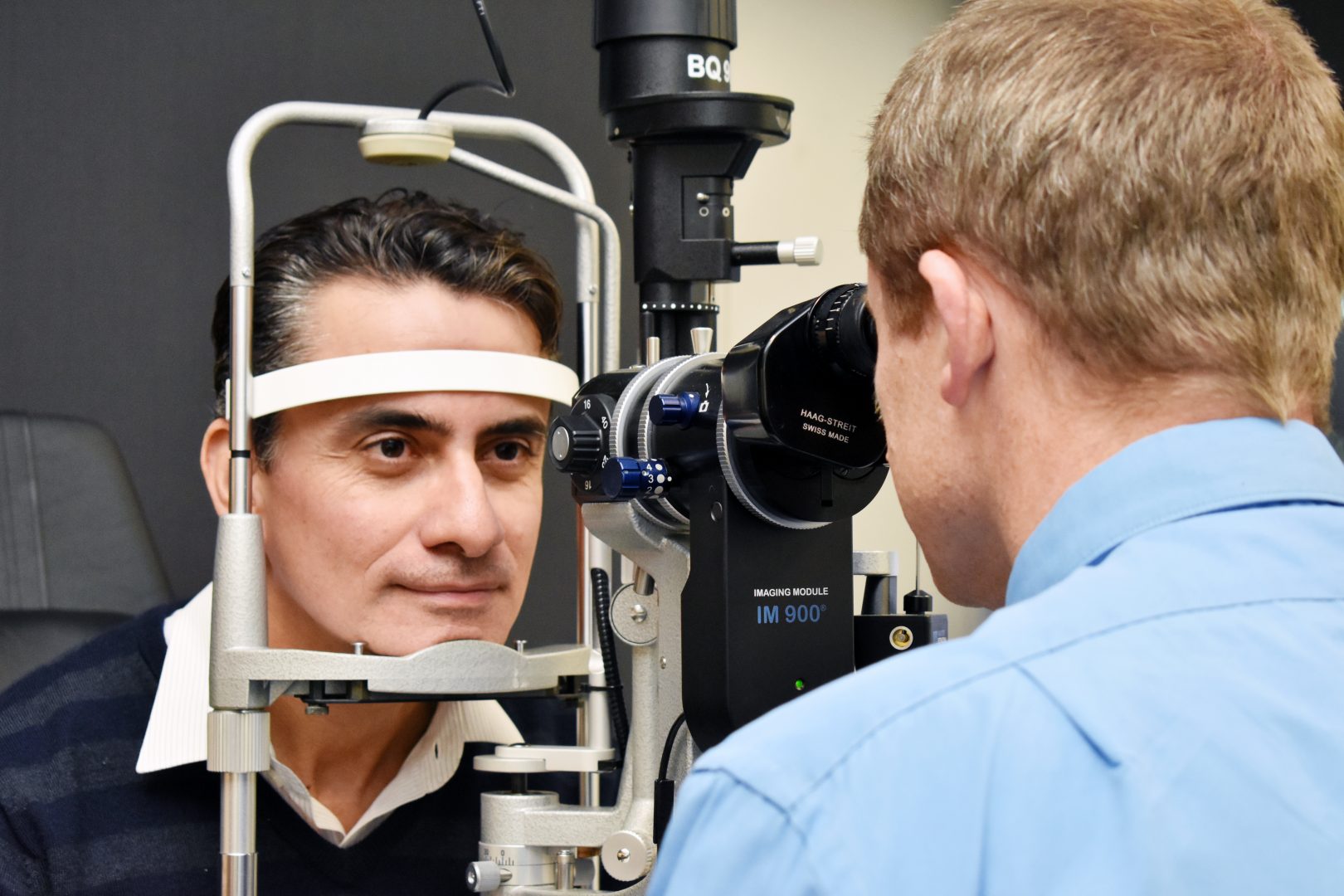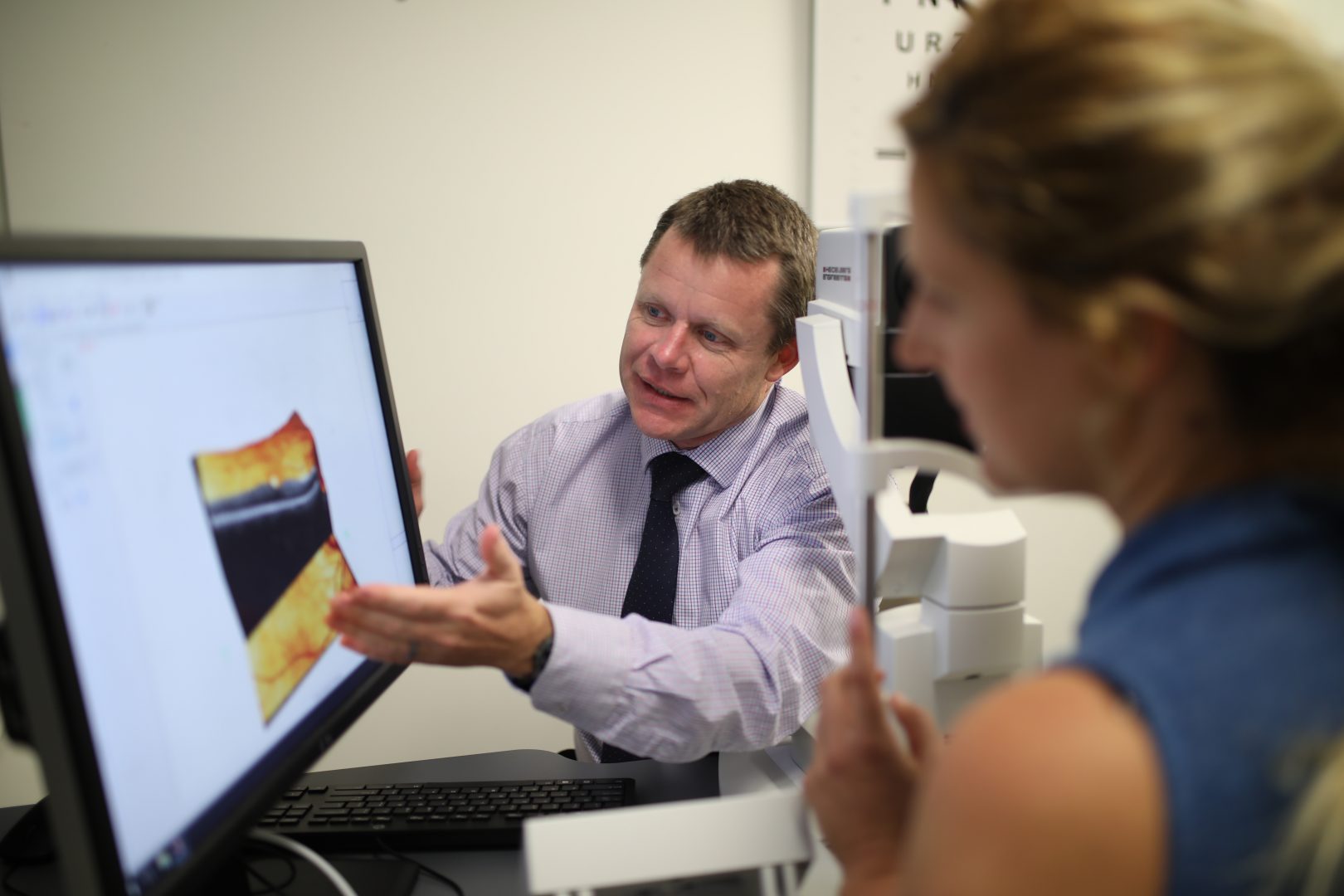
- Refer a Patient
- Referral Types
- Patient Information
- Overview of CFEH Clinics
- CFEH Instrument List
- Our clinical team
- Causes of Vision Loss
- Patient Forms
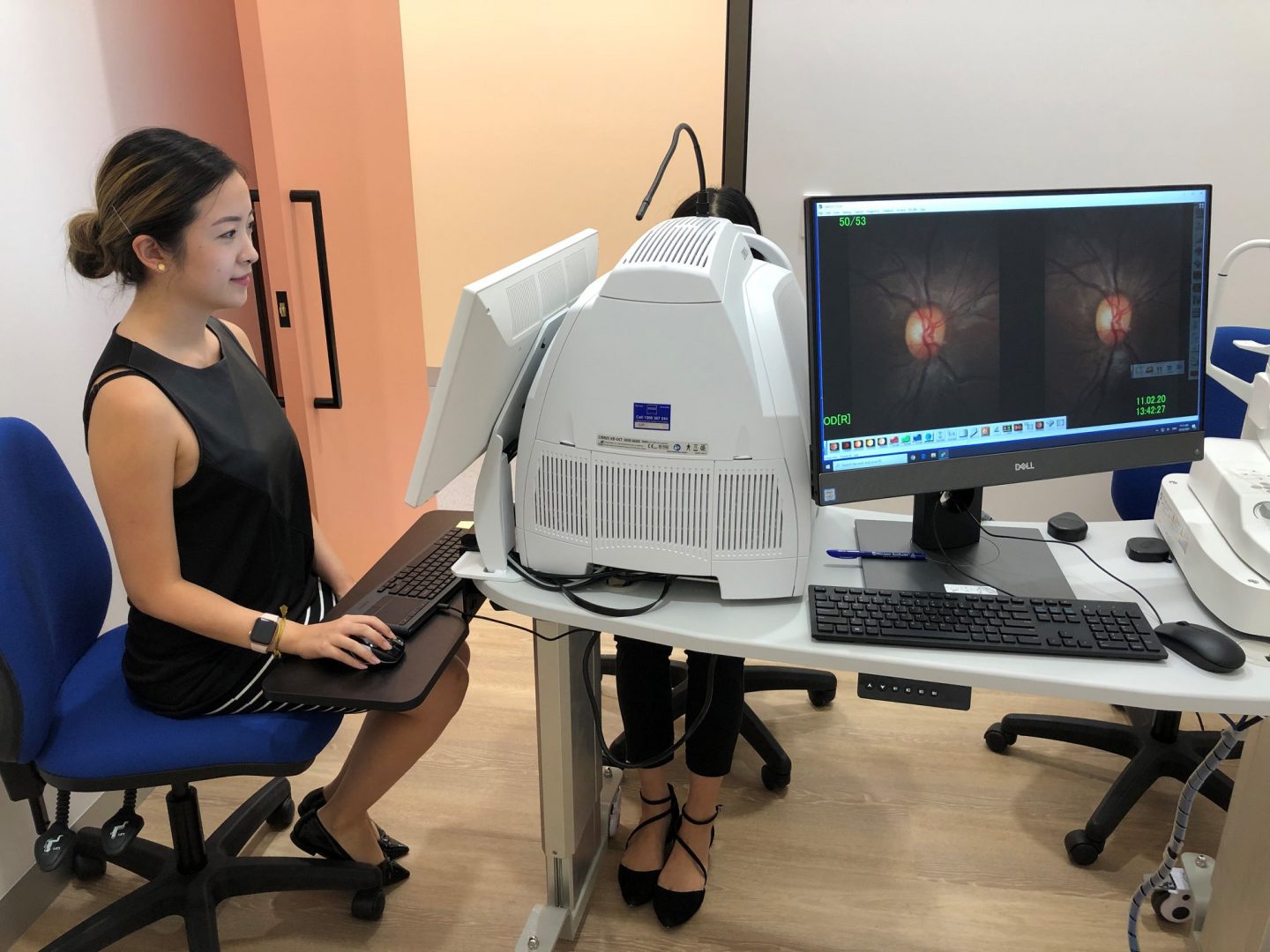

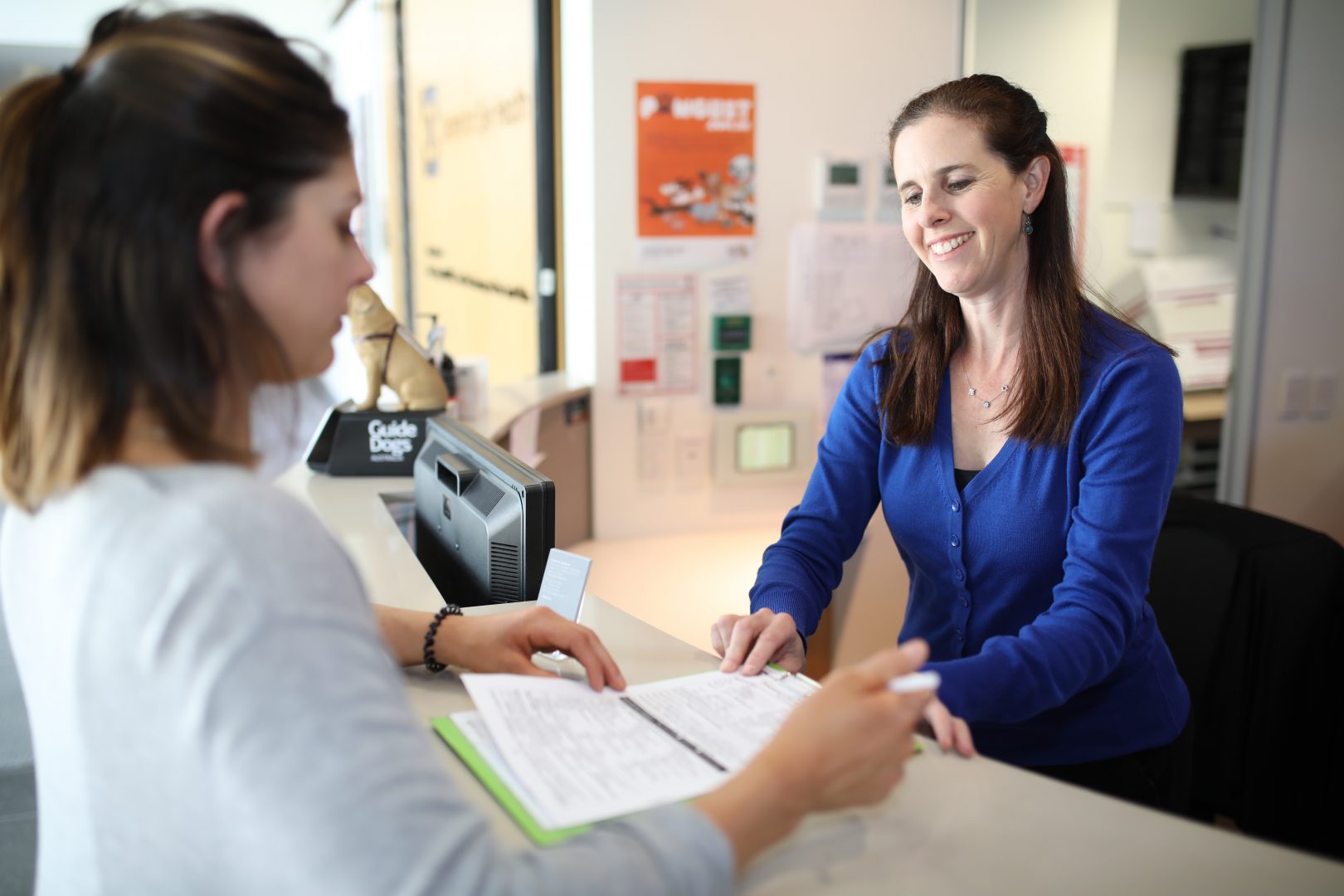

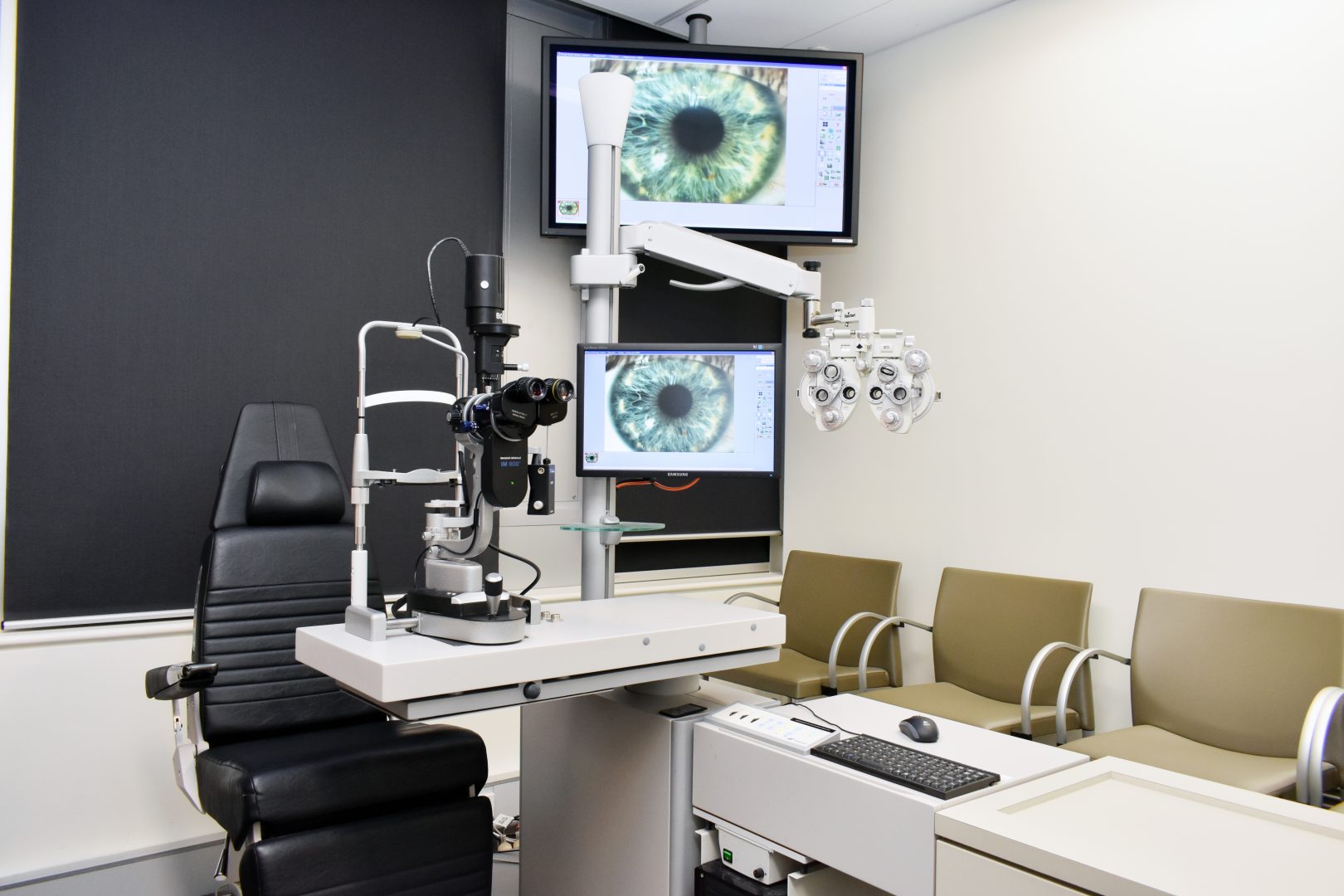

How to support your loved one going through vision loss
Vision loss can be a challenging and life-altering experience, not only for the individual affected but also for their loved ones. As a friend, family member, or caregiver, your support and understanding are invaluable in helping your loved one adjust to their new reality. Here are some ways you can provide support and encouragement for your loved one who is experiencing vision loss.
-
Be there to talk and listen
When a loved one is navigating the challenges of vision loss, being there to listen and let them know that you're there to support them. Listening attentively, without judgment or interruption, allows them to express their emotions and concerns freely. Through listening, you can provide comfort and reassurance, reminding them that they are not alone in their journey.
-
Learn more about vision loss
Taking the time to learn more about your loved one’s specific conditions and the challenges that they may face can help you to empathise and anticipate their needs better.
-
Encourage independence
While it’s natural to want to help as much as possible, it’s important to encourage your loved one to maintain their independence. For an individual going through vision loss, they might have concerns about losing their independence. There are many options to help your loved one to maintain their independence. An orthoptist can help to assess their level of functional vision and can provide them with strategies and recommend equipment to help them to reach their goals. An orientation and mobility specialist can help them travel within their community independently and safely and an occupational therapist can support them to continue doing everyday tasks and hobbies.
-
Make adjustments at home
There are many ways to make adjustments around the home to make daily tasks easier for an individual with vision loss. You may want to discuss with your loved one what adjustments would help to make everyday tasks easier for them around the home. This could include using tactile labels to help them to identify objects, improving the lighting at home, or removing hazards that could cause falls.
-
Where to get help
If your loved one wants to learn more about their eye condition, encourage them to speak with their ophthalmologist to ask them any questions they may have about their condition. They may wish to also see an orthoptist who can recommend strategies and low vision aids to better navigate daily life.
Losing your sight can also have a significant impact on your mental health and wellbeing. If you think your loved one may be depressed, encourage them to speak with their GP. It’s also important to be mindful of your own emotional wellbeing and reach out for help if you find yourself struggling.
If you or someone you know feel distressed, overwhelmed, or are experiencing depression, you can speak to someone by calling Lifeline on 13 11 14, or Beyond Blue on 1300 22 4636 (available 24 hours, 7 days a week).
By exploring these avenues for help and support, you can ensure that your loved one receives the assistance and resources they need to thrive as they adjust to life with vision loss.
For more information
- Take a look at Guide Dogs NSW/ACT’s low vision services
- Contact Lineline on 13 11 14, or Beyond Blue on 1300 22 4636 (available 24 hours, 7 days a week)
- Always speak to your GP and eyecare professional about the best treatment options for you or your loved one



